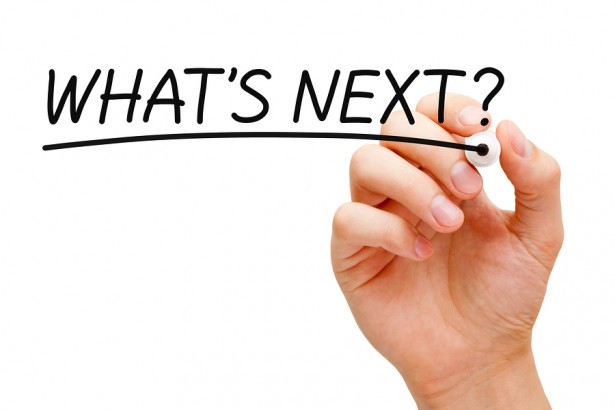Here we go again…the Federal Reserve is still undecided as to whether or not it will begin raising interest rates this summer, citing an array of economic factors that will contribute to its final decision.
According to the latest minutes released Wednesday from last month’s Federal Open Market Committee (FOMC) meeting, Fed policymakers are concerned that hiking rates too soon would put a damper on the United States economy. They are also worried about the potential ramifications of removing the word “patient” from its interest rate guidance.
Fed officials are biting their nails over the fact that China’s economic slowdown and the crises occurring in the Middle East and Eastern Europe could negatively affect the American economic growth outlook.
At the same time, Fed officials mulled over how low inflation levels are impacting its confidence in boosting rates. Overall, the U.S. central bank’s final decision to move ahead with its interest rates will depend solely on coming economic data.

In other words, the majority of FOMC members are in no hurry to start increasing interest rates and prefer to maintain zero-percent rates for an extended period of time. The central bank has raised interest rates since 2006, and it hasn’t cut rates since Dec. 2008.
“Many participants observed that a premature increase in rates might damp the apparent solid recovery in real activity and labor market conditions, undermining progress toward the committee’s objectives,” said the Jan. 27-28 minutes. “Many participants indicated that their assessment of the balance of risks associated with the timing of the beginning of policy normalization had inclined them toward keeping the federal funds rate at its effective lower bound for a longer time.”
When it comes to domestic policy, what exactly is the Fed frightened of? Well, here are the five key points to analyze when trying to figure out what the century-old institution is thinking:
- Weak wage growth in the labor market
- Tumbling oil prices
- A stronger U.S. dollar
- Inadequate communications between the Fed and the market
- Low inflation levels
Others opine that raising rates will inflict greater damage to the overall economy. If the Fed does push ahead with a rate hike then the federal government budget deficit will soar, fixed-income investors will lose a lot of money, the bond market bubble will either balloon further or collapse and banks will charge borrowers more.
Concerns about greater valuation of the greenback has prompted some analysts to say the U.S. has embarked upon a currency war in order to debase the U.S. that would assist it in being more competitive in the world – many central banks worldwide have devalued their currencies to boost exports.
“The Fed is finding a very subtle way to temper the enthusiasm around the risks of a sustained dollar bull market that gets out of control,” said Alessio de Longis, a macro strategist in New York at OppenheimerFunds Inc., in an interview with Bloomberg News. “What the Fed is trying to decelerate a bit is this dollar appreciation in order to make sure that the transition to a Fed hiking policy is more gradual.”



